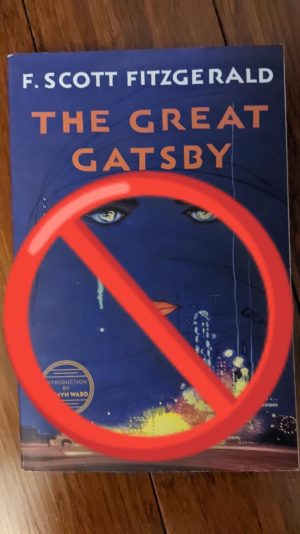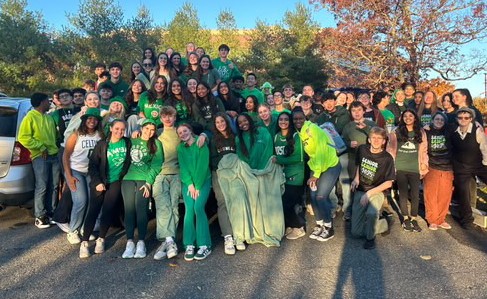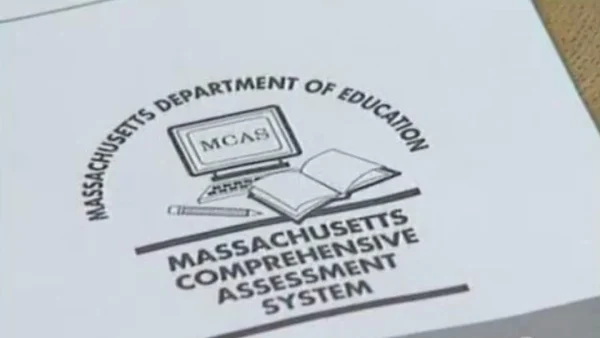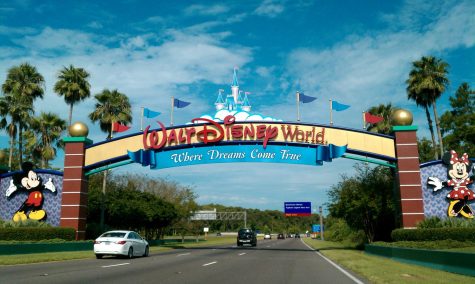Banning books is censorship and is never a solution
EDITORIAL
Getting young people to broaden their horizons is instrumental to learning.
Why would someone in a position of power ban books? Is it because of so-called controversial, culturally insensitive material or something as absurd as a superhero wearing underpants?
“We’ve done some controversial books here at AMSA and occasionally we get parents who want to talk about it and have a conversation about it,” said Martha Richardson, chair of the AMSA English department.
The bottom line? Education often consists of confronting, and talking about, sensitive material. That’s the nature of learning.
“Our purpose is to challenge people and to make them think,” Mrs. Richardson said.
Parents, advocates, and legislators often lose sight of this when proposing book bans. No matter how well intentioned, it is a form of censorship and runs counter to what an education is.
Still, it happens all the time. It is happening all over the country at this moment.
Many states have started banning “controversial” books in their public schools. This has been a highly debated topic in the news recently, especially in San Antonio, Texas, where Matt Krause, a member of the state House of Representatives, created a list of 850 books that he thinks should be removed from school curriculums and libraries because they might make students “uneasy.”
As the country continues to disagree and fight about race relations and content associated with the topic, many classics are being removed from reading lists merely for uses of the “n-word,” no matter the context. This includes Mark Twain’s Adventures of Huckleberry Finn, John Steinbeck’s Of Mice and Men, and Harper Lee’s To Kill a Mockingbird.

This isn’t the first time people have censored and banned books, of course. From the Roman Empire to now, countless people have banned books and censored public discourse. But the reason why these books are banned is always changing. No matter the stated reason, does it justify censorship?
Absolutely not. We at The AMSA Voice believe that these books educate young students and allow them to grow and learn about the world they live in. If you are only reading material that you know and that you are comfortable with, how does that lead to progress?
These books give us a perspective of the world and allow us to view the world in someone else’s shoes. This is the very idea behind the exploration of what it means to be human.
According to The New York Times, a school board in Tennessee recently banned the Pulitzer Prize-winning graphic novel Maus, which addresses the horrors of the Holocaust. The reason given by the school board for this is “some rough, objectionable language.”
The language, by today’s standards, is fairly tame. Might the problem actually be a desire to avoid an admittedly tough and sensitive topic?
We believe that we should allow more people to think freely and look at different viewpoints. We think that even if the language is rough or the content is uncomfortable, it’s important to understand these different perspectives of the world.
If we didn’t read these stories, how could we face and deal with politics, climate change, violence, injustice, crime … the list goes on.
“You’re not going to know what you think of things if you don’t discuss controversial things or look at a conflicting opinion,” Mrs. Richardson said.
In the end, tough books teach us to think. And to learn. And to grow.

Patrick is a senior, and he is excited to write for The AMSA Voice for the first time. He has been a student at AMSA since 7th grade, and he is currently...






